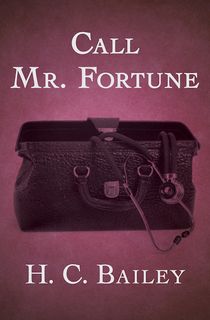Want to read more Reggie Fortune Mysteries? Download Call Mr. Fortune.
Photos (in order): Hulton Archive; Colonel H.W. Verschoyle / Getty Images; London Stereoscopic Company / Getty Images; Central Press / Getty Images; Reinhold Thiele / Getty Images; Hulton Archive / Scotland Yard; Hulton Archive / Getty Images; Topical Press Agency / Getty Images

